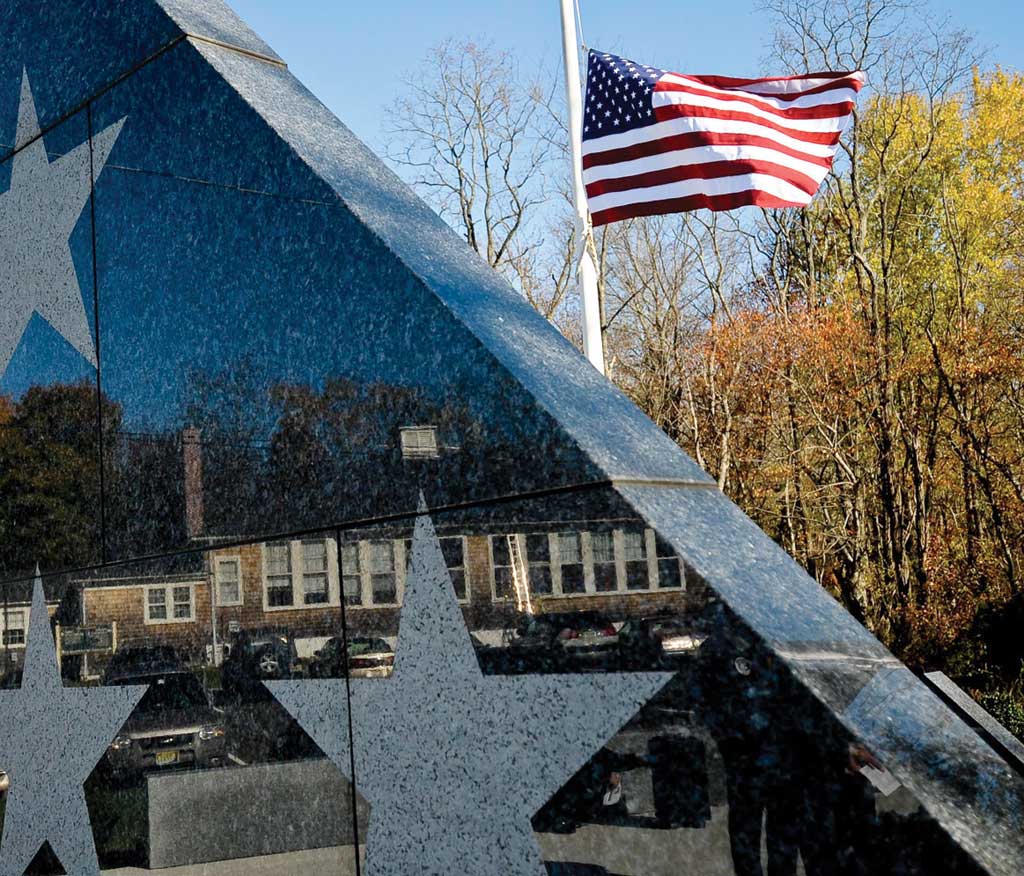MILLSTONE – Following a second round of burglaries this year involving male juveniles who live in a group home on Stillhouse Road in Millstone Township, residents have expressed concern for their own safety and the safety of the juveniles.
The issue was discussed during the Oct. 18 meeting of the Township Committee when members of the governing body and the entity that operates the group home detailed the most recent incidents and heard from concerned residents.
On Oct. 8, three juvenile residents of a group home were arrested by the New Jersey State Police after allegedly burglarizing unlocked vehicles in the community, according to Detective Sgt. Sean Fitzgerald and Trooper Thomas Martin. The juveniles were subsequently charged with burglary and theft.
The October incidents occurred several months after two juveniles from the same group home on Stillhouse Road were charged with burglary and theft in July after allegedly stealing items from unlocked vehicles.
State police did not confirm if the two juveniles who were charged in July were involved in the October crimes. They did confirm that the juveniles involved in the July and October crimes live at the same group home and that two of the juveniles who were charged in connection with the October crimes have previously been charged with burglary and theft.
Millstone has three group homes which are operated by a third party under authority from the state. The group homes serve juveniles who have complex trauma, such as family fragmentation, abuse and/or neglect, behavior of runaways and self-mutilation and/or self-harm.
Township Attorney Duane Davison said the state permits group homes to operate in a residential zone. All three group homes in Millstone are operated by New Jersey Mentor.
The group home on Stillhouse Road was established in December 2016. It serves male juveniles between the ages of 14 and 17, according to representatives of New Jersey Mentor.
Juveniles can reside in a group home for between six and eight months, although an individual may be permitted to stay for 10 months under certain conditions.
In the wake of the July crimes and as an increased security measure, the operator of the home said a staff member would be stationed near the door and that after 9 p.m., residents would not be allowed on the first floor.
Appearing at the committee meeting, New Jersey Mentor Clinical Director Katie Orlowski said that in the most recent incident, the juveniles used an electrical cord to leave the home through a second floor window.
New Jersey Mentor Regional Director Liam Mulligan described the juveniles’ ability to leave the home as an “operational breakdown with staff” and said two staff members have since been dismissed from the residence.
As of Oct. 18, the juveniles involved in the incidents remained at the group home. The juveniles may be removed, although Mayor Michael Kuczinski said removing them is a process that will take time.
Martin, of the state police, said a juvenile would have to be charged with a first or second degree offense in order to be placed in a detention center.
The representatives of New Jersey Mentor apologized to residents and said that in terms of solutions, they are looking into monitoring systems, enhanced alarms and counseling to prevent future incidents from occurring.
Brian Ross of the New Jersey Department of Children and Families said the state will conduct unannounced inspections at the group home, ensure that juveniles are eligible and appropriate to reside in the home, and check the qualifications of the staff and counseling.
Residents continued to voice concerns about the group home, whose presence they believe is affecting their safety and quality of life. Many residents said they do not believe Millstone is a suitable location for group homes because the community does not have a municipal police force, fire hydrants or street lights.
Residents expressed concern for the safety of the juveniles who live in group homes. One resident said threats of violence have been made against the juveniles.
“This is sensitive because [the juveniles from the group home] are nameless, faceless kids,” a resident said. “We want to help them, but when walls are put up, we are not going to help. We are going to ask for [them] to leave.”
Township Committee members shared the residents’ concerns and frustrations.
Deputy Mayor Fiore Masci said a juvenile coming onto a resident’s property could be attacked by a dog.
“This goes beyond compassion,” Masci said. He told the representatives of NJ Mentor, “You have kids destroying the opportunities of our residents that we are trying to give to them. These kids aren’t safe and residents aren’t safe. A dog might attack a kid and one of us gets sued and has to pay for it.”
Committeewoman Nancy Grbelja said the possible solutions that were described by the representatives of NJ Mentor did not convince her the incidents will stop.
“I’m aghast,” she said. “The (solutions) you have described are not going to contain these individuals.”
Grbelja, who serves as the committee’s liaison to the state, said she has contacted state Assemblyman Ron Dancer (R-Monmouth, Ocean, Middlesex, Burlington).
She said Dancer is drafting legislation that will, if it becomes law, require enhanced supervision at group homes.
“We hope to have legislation that will give the township greater influence and prevent this from happening again,” she said.

